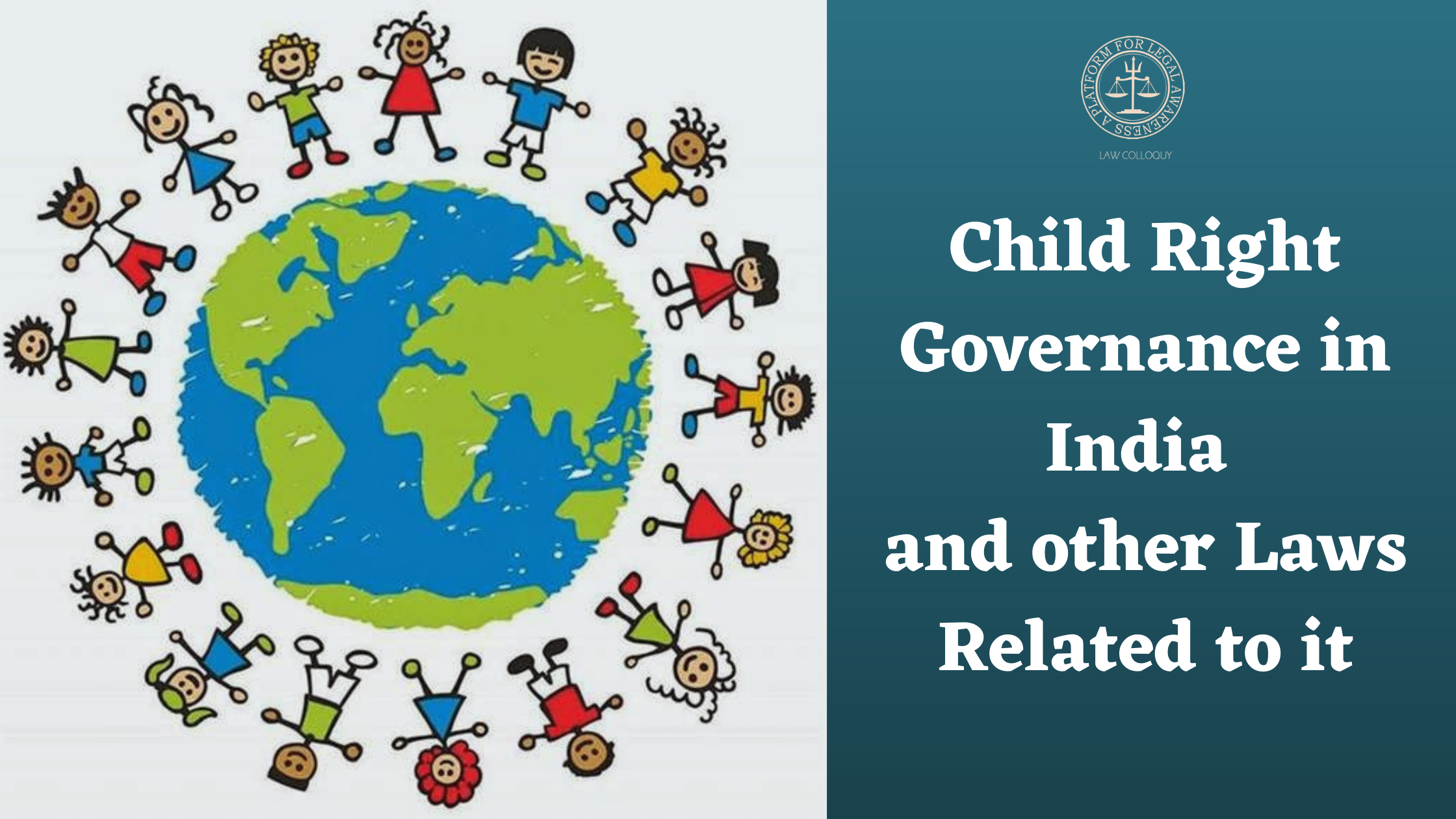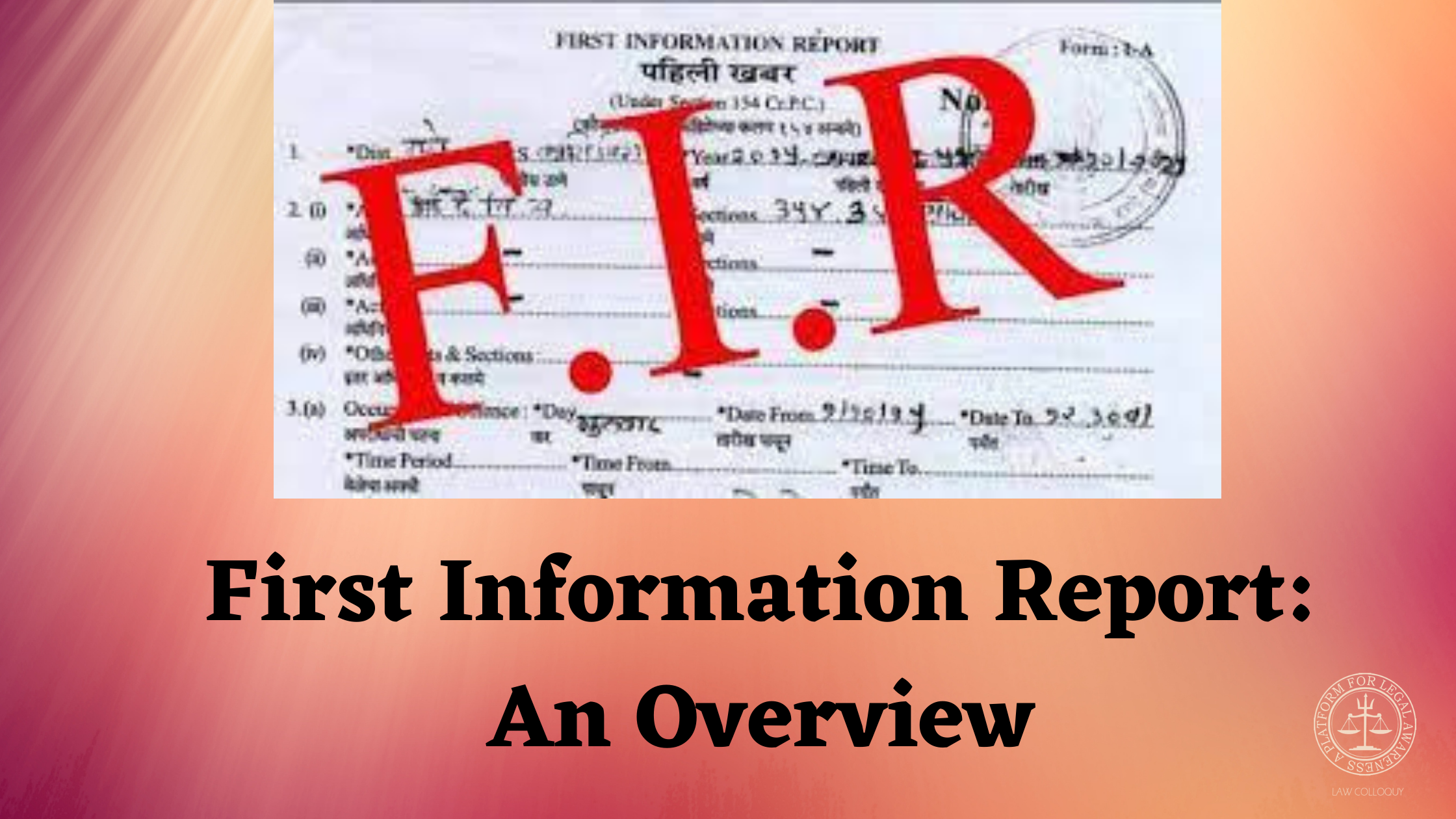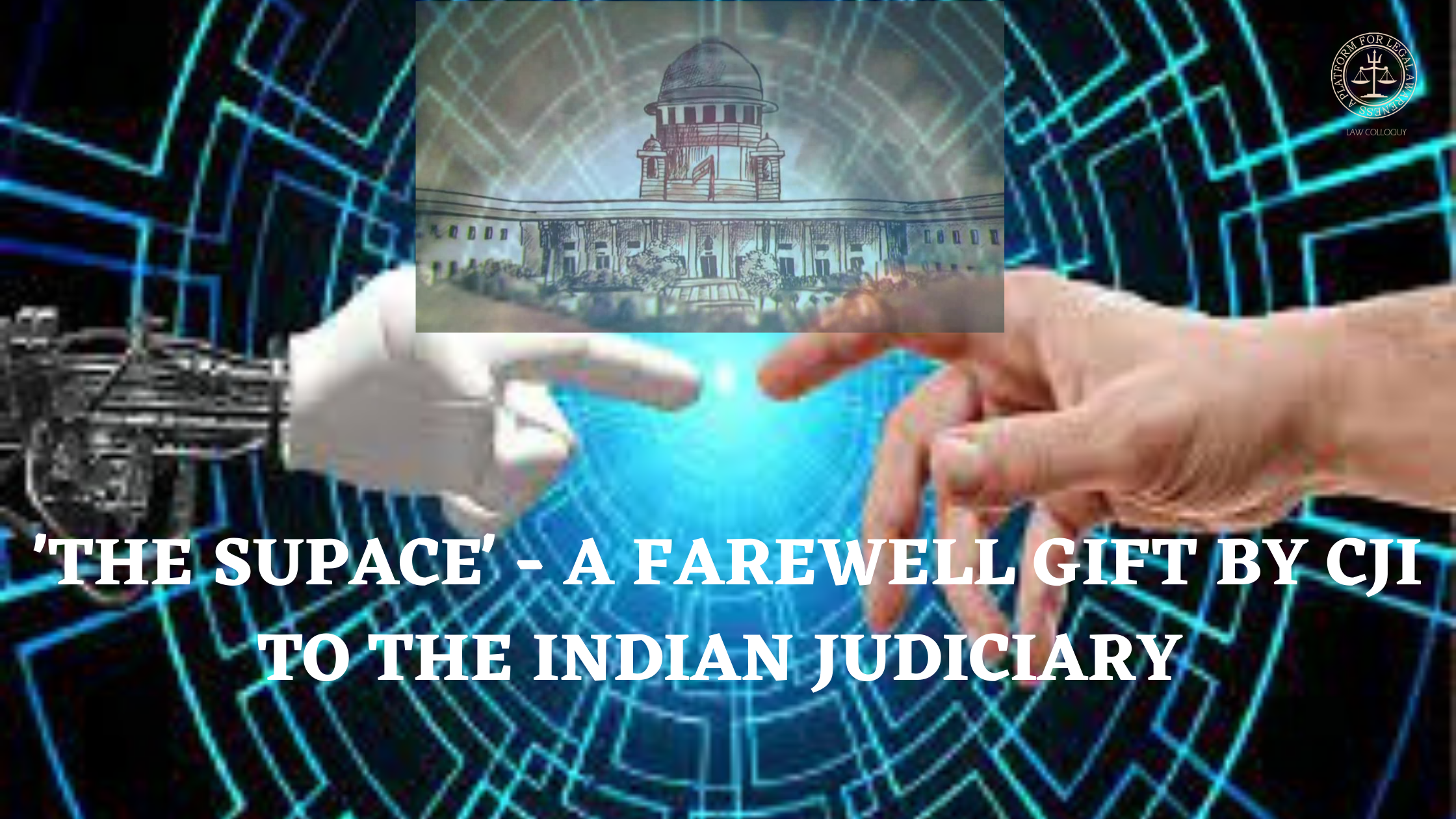Top Ten Legal Headlines of the Week-10 Jun 2024
Top ten legal news wrap up of the week
Top Ten Legal Headlines of The Week-27 May 2024
Top ten legal news wrap up of the week
Top Ten Legal Headlines of The Week-12 May 2024
Top ten legal news wrap up of the week
Top Ten Legal Headlines of The Week-06 May 2024
Top ten legal news wrap up of the week
Top Ten Legal Headlines of The Week-29 Apr 2024
Top ten legal news wrap up of the week
Top Ten Legal Headlines of The Week-23 Apr 2024
Top ten legal news wrap up of the week
Top Ten Legal Headlines of The Week-15 Apr 2024
Top ten legal news wrap up of the week
Top Ten Legal Headlines of the Week-04 Mar 2024
Top ten legal news wrap up of the week
Top Ten Legal Headlines of The Week-20 Feb 2024
Top ten legal news wrap up of the week
"Pranshu Yadav's Tragic Tale: Combating Cyberbullying and LGBTQ+ Discrimination in India"
One optimistic social media influencer from Ujjain, Madhya Pradesh, 16-year-old Pranshu Yadav's heartbreaking experience has highlighted the adverse effects of homophobia and online harassment. His untimely death from suicide following ongoing pain he had experienced on social media serves as a stark reminder of the severe repercussions of discrimination and cyberbullying against the LGBTQIA+ community.In memory of Pranshu Yadav, this is a wake-up call to confront the harsh realities of cyberbullying and stands as a plea for a world where every individual's uniqueness is celebrated and respected.
The Extensive Scope of International Law
International law, a dynamic and ever-evolving field, encompasses many legal principles and norms that regulate interactions between sovereign states, international organisations, and individuals on the global stage. As the world becomes increasingly interconnected, the scope of international law has expanded, offering diverse and challenging opportunities for legal professionals. The scope of international law is expansive and dynamic, encompassing diverse areas ranging from human rights and diplomacy to trade and environmental protection. This blog explores the multifaceted scope of international law, highlighting the various avenues and its crucial role in addressing global challenges.
Top Ten Legal Headlines of the Week-26 Dec 2023
Top ten legal news wrap up of the week
Top ten Legal Headlines of The Week-13 Dec 2023
Top ten legal news wrap up of the week
Top Ten Legal Headlines of the Week-04 Dec 2023
Top ten legal news wrap up of the week
"Ganga Jamuna: Navigating the Censor Board's Intricacies - A Cinematic Tale of Certification and Controversy"
Recently, news about the movie "Ganga Jamuna" was featured in the newspaper on November 6th. The news revolved around Dilip Kumar's six-month journey with the Censor Board for the film "Ganga Jamuna." In 1961, the movie, directed by Nitin Bose and starring Dilip Kumar, was released. Dilip Kumar also produced the film. However, the film encountered numerous challenges with the Censor Board, leading to 250 cuts and an 'A' certificate due to its focus on the Uttar Pradesh belt, featuring dialogues in the Awadhi dialect. This blog delves into the functioning of the Indian Censor Board and the process of issuing film certificates with reference to Ganga Jamuna.
Top Ten Legal Headlines of the Week-27 Nov 2023
Top ten legal news wrap up of the week
A Brief Note on the Election Process In India
India's election process is a complex and extensive system governed by the Election Commission of India. This blog describes some of the key details of the election process in India. .
Top Ten Legal Headlines of the Week-14 Nov 2023
Top ten legal news wrap up of the week
What is Deepfake?- Explainer
Deepfake is a new form of cyber crime. This blog explains the meaning of Deepfake, how it works and what are the laws governing it.
"Dissenting Opinions", "Distinguishing Opinions" and "Concurring Opinions" in Indian law
"Dissenting Opinions", "Distinguishing opinions" and "concurring opinions" are important components of judicial decisions in Indian law. These opinions provide unique insights into the reasoning and interpretation of a case. Here is a brief notes on the same.
Top Ten Legal Headlines of The Week-06 Nov 2023
Top ten legal news wrap up of the week
Formal and Informal Sources of Law
India has a diverse legal system vividly incorporates formal and informal law sources, including municipal and international aspects. The legal framework of any society is the foundational structure that underpins the functioning of the entire legal system. It represents a complex and intricate blend of rules, norms, and principles that collectively serve as the guiding force governing the behaviour of individuals within that society. These legal rules and principles are analogous to the structural supports of a building, providing the necessary stability and order for the functioning of the social and legal architecture. In essence, the legal framework serves as a blueprint, defining the boundaries, obligations, and rights individuals must abide by, thus ensuring order, justice, and social harmony. This notes describes about the formal and informal sources of law.
Legality Of Betting and Gambling Contracts In India
Gambling is betting or wagering money or anything at the expense of a possible future outcome to win. Gambling in India traces back to the time of The Mahabharata, almost 4000 years ago; it is described as a form of playing dice or “chausar” as it was called back then. It might be possible that gambling was introduced for people to increase their knowledge, basically to increase their capacity to take risks in their lives. Eventually, gambling became a game played by everyone from rich to poor, usually by royals in their leisure time. A famous instance of gambling, which everyone knows about, is when, in the Indian legend Mahabharata, the Pandavas wagered everything they had, including their wife, while playing dice. Since then, gambling and betting have evolved with time. People bet with money. Some people even win crores, set up a business, and live peacefully. More people have started betting illegally with money, leading to corruption and money laundering. This blog describes the various types of betting and gambling and the legal aspect of it.
Top Ten Legal Headlines of The Week-26 Sep 2023
Top ten legal news wrap up of the week
Legal Research Papers: Where to begin?
Writing a legal research paper requires a systematic and rigorous approach to exploring legal issues, analysing cases, and presenting coherent arguments. Whether you are a law student or a seasoned legal professional, understanding the process of crafting a well-structured and compelling research paper is essential. This blog outlines the key steps and considerations involved in writing a legal research paper.
Making the Most of Law School: A Guide to Success and Fulfilment
Law school is a transformative journey that offers a wealth of knowledge, challenges, and opportunities for personal and professional growth. Whether you're just starting your legal education or you're already immersed in the experience, there are several strategies you can employ to make the most of your time in law school. In this blog, we will explore some valuable tips to help you succeed and find fulfilment during your law school years.
Top Ten Legal Headlines of the Week-21 Aug 2023
Wrap up of the top ten legal headlines of the week
Words Like Prostitute-Mistress Will Not Be Used In Courts: Supreme Court Released Terminology For Women
Gender stereotype words will no longer be used in Supreme Court decisions and arguments. Supreme Court launches Gender Stereotypes Combat Handbook to crack down on derogatory terms used for women.
Suo Moto Cognizance- Elixir or Toxin for the Judicial System of our Country
The Recent actions by the Supreme Court by taking a Suo Moto Cognizance in the case of the viral Manipur Sexual Harassment case was welcomed as a positive measure by various organizations and the citizens of the country. Following the Viral video showing two women being paraded in Manipur while entirely naked, Chief Justice of India DY Chandrachud ordered the Central government and the state government to inform the Supreme Court of any actions taken.
Shaping Justice: The Proposed Bharatiya Nyaya Sanhita Amendment Bill
A nation's legal framework serves as the backbone of its society, ensuring justice, equality, and protection of individual rights. In this context, the proposed Bharatiya Nyaya Sanhita Amendment Bill is a significant development that aims to reform and strengthen India's criminal justice system. This blog delves into the proposed amendment's key provisions and potential implications, shedding light on its role in shaping a more efficient and equitable legal landscape.
Top Ten Legal Headlines of the Week-14 Aug 2023
Top ten legal news wrap up of the week
No Confidence Motion in India: Explained
In parliamentary democracies, the No Confidence Motion (NCM) concept is a critical mechanism for ensuring governmental accountability and transparency and maintaining the delicate balance between the executive and legislative branches. In India, a nation that upholds democratic principles, the NCM is significant in its political landscape. The No Confidence Motion represents a powerful tool in the hands of the opposition to voice concerns, challenge policies, and even potentially change the course of governance.This blog delves into the No Confidence Motion concept, procedure, implications, and historical relevance in the Indian context.
The Supreme Court Said That The Marriage Certificate Issued By Arya Samaj is Illegal: Explainer
The Supreme Court declared the marriage certificate issued by Arya Samaj is illegal. A marriage certificate is a document that declares two people married legally. In India marriages are register in two ways; either, under the Hindu Marriage Act, 1955 or the Special Marriage Act, 1954. Honorable Supreme Court in the year 2006, made it mandatory in India to get a marriage registered to legalize it. This blog explains the validation of marriage certificate and procedure of registration of marriage in India.
ARTICLE 19(1) OF THE CONSTITUTION OF INDIA: AN ANALYSIS
India had achieved independence after huge bloodshed only for the citizens of the country so that they could live happily, without any interference from outside, which is known as sovereignty. Just after three tears, on the 26th day of November 1950, India had drafted its first Constitution, with its founding fathers being Dr. B.R. Ambedkar, Sir Benegal Narsing Rao, Surendra Nath Mukherjee and others. The Constitution of India has 22 parts and 395 Articles, and Part III of the Constitution is enshrined with the Fundamental Rights, ranging from Articles 12 to 35. Article 19(1) of the Constitution of India gives the freedom of speech and expression to all the citizens of India. The Supreme Court has ruled in the case of Devendrappa (1998) that reasonable restrictions may have to be imposed in the freedom of speech and expression in the interest of maintaining discipline in public services, even though it may not have been mentioned as a ground in Article 19(2).
Child Right Governance in India and other Laws Related to it
Perhaps the most well-known definition of ‘global governance’, James Rosenau designates it as ‘organisations of rubrics at all stages of hominoid action – from the domestic to the worldwide organisation.’ Today the perception of authority has wedged the attention of researchers in fields like political science, economics, business studies, and global relations to analyse an inclusive variety of marvels such as school life, worldwide policy-making, global organisations, public health, monetary dealings, street gangs or traffic rules. Children and youth are in many circumstances obtainable as ruled by others – parents, teachers, social services, religious establishments, or out of control. For youthful scholars, though, the opposite has been basic in the influence of the field of juvenile studies over the last decades. The intervention of children and young people certainly also impact the schemes of guidelines and governance that border them. They are thus as much theme to these systems as they can be energetic and shapers of them, in many cases organised with or in equivalent to the adults adjacent them. Contempt this heading of children as being both marks and shapers of governance, though, with some exceptions, the methodical study of the governance of children and youth have established little consideration within childhood studies as well as to the examination of how child rights are assumed to form in national and multinational politics, law and society.
First Information Report (FIR): An Overview
Crime and its reporting happen in relays, a country for its good governance & maintenance of tranquility requires complaints to be registered, these then need to be taken in cognizance and resolved in an established manner. A proper administration of the criminal justice system, therefore, requires balancing the rights of the victim and the accused. In India, the distribution of power takes place among its departments and thus reporting of crime, and its settlement happens by involving various branches of government. Reporting of crime is the initial step in the criminal justice system. The ‘First Information Report’ is an essential process in the investigation of a criminal case, in common parlance and in media reporting.
THE SUPACE- A FAREWELL GIFT BY CJI TO THE INDIAN JUDICIARY
A new concept of virtual hearing ARTIFICIAL INTELLIGENCE has been introduced by Hon’ble Shri S.A.Bobde recently, named as “SUPACE”. This is a complete blend of human and machine intelligence. The curiosity to know and have knowledge about a new thing automatically comes to the human mind. This blog, deals with the ARTIFICIAL INTELLIGENCE (SUPACE), it's working and uses in the Indian Judiciary.


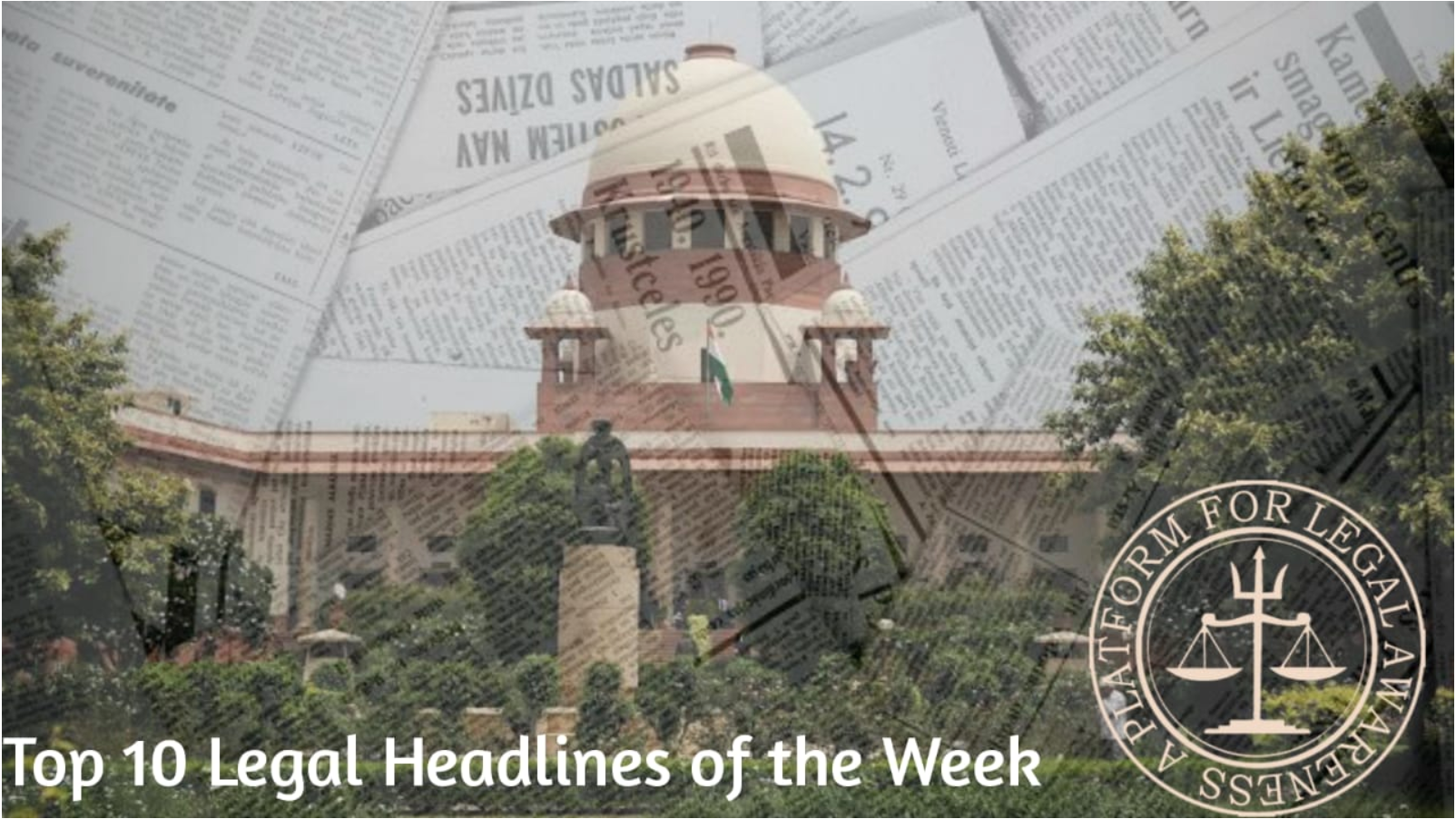

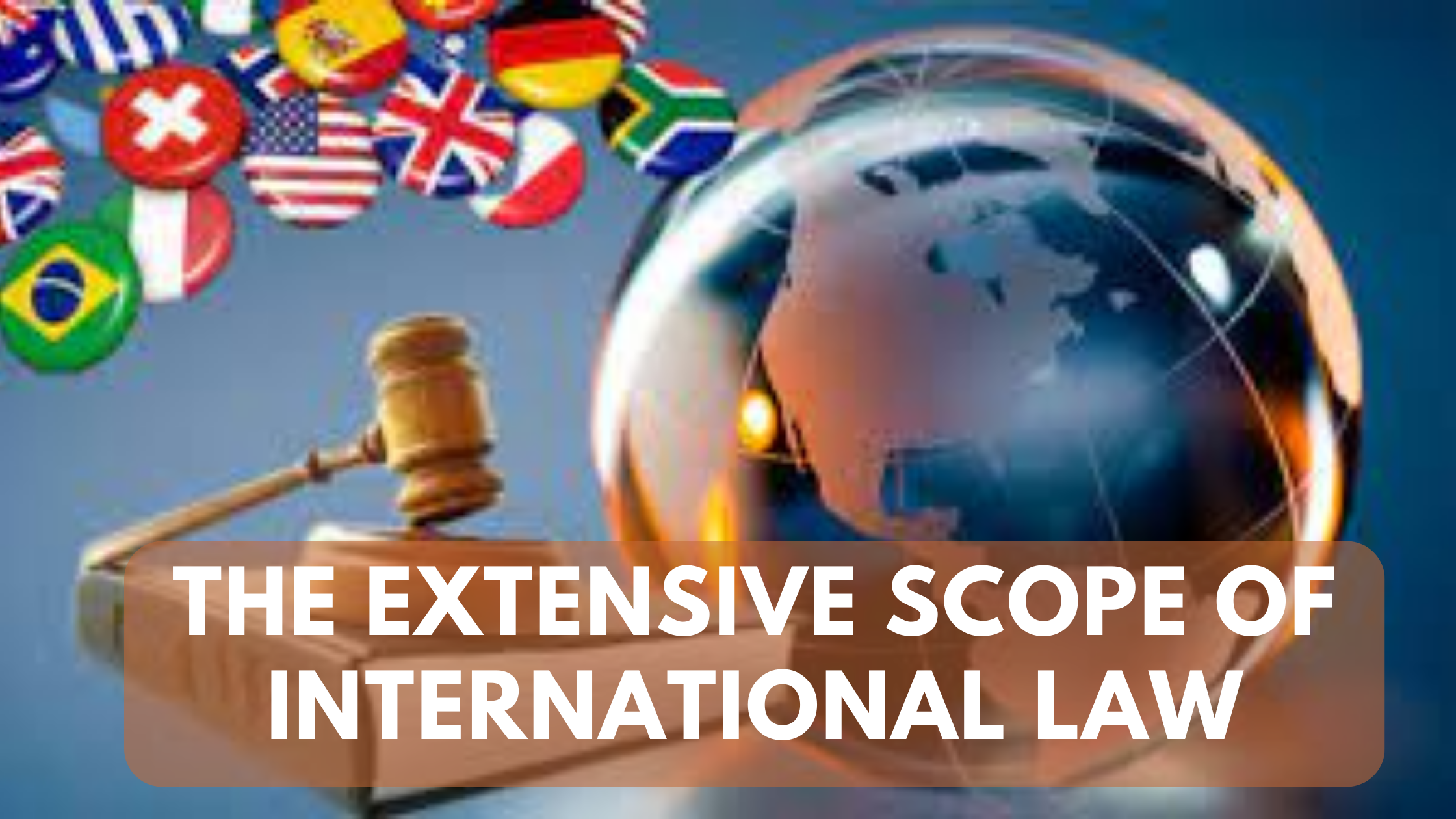
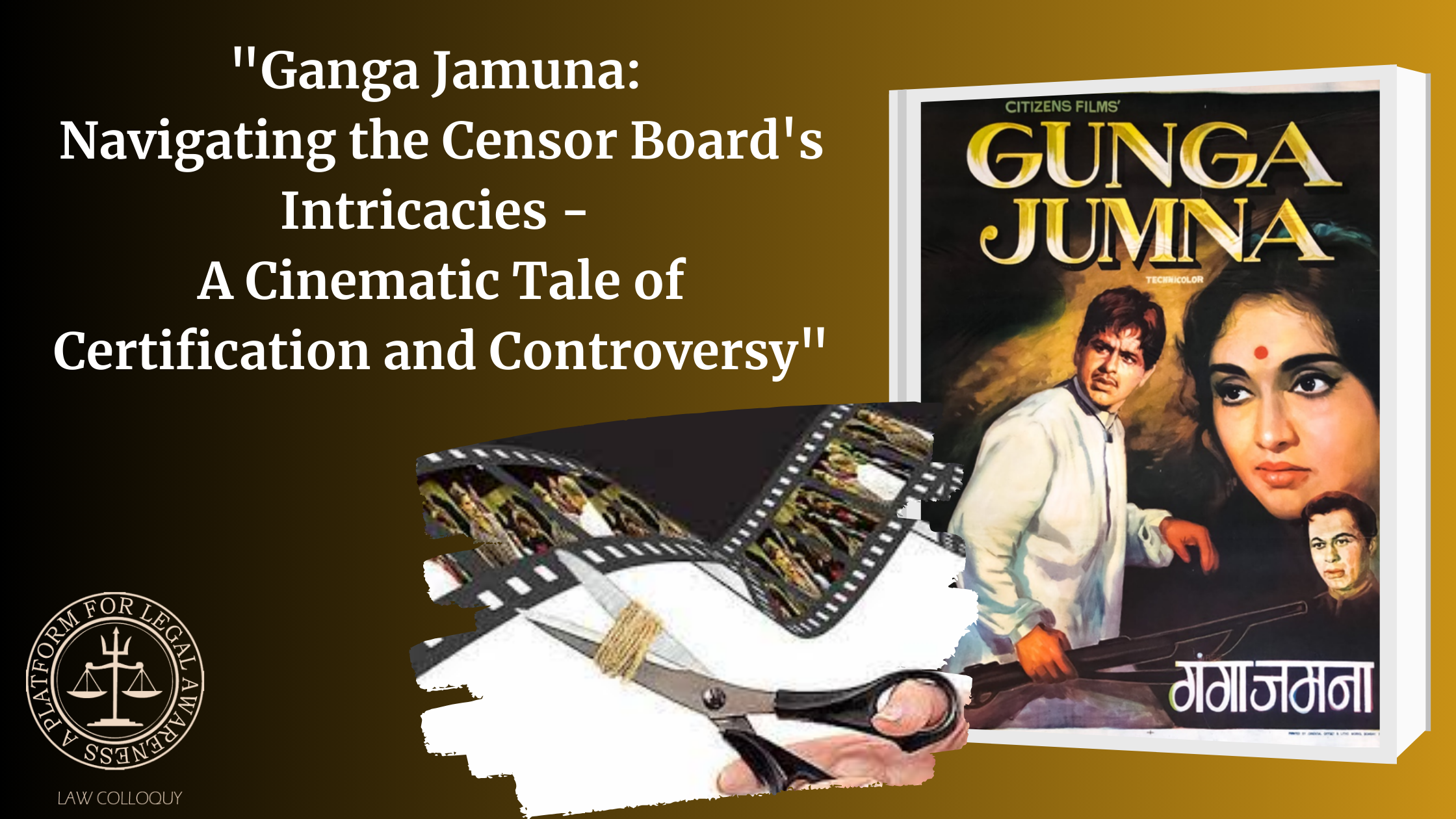
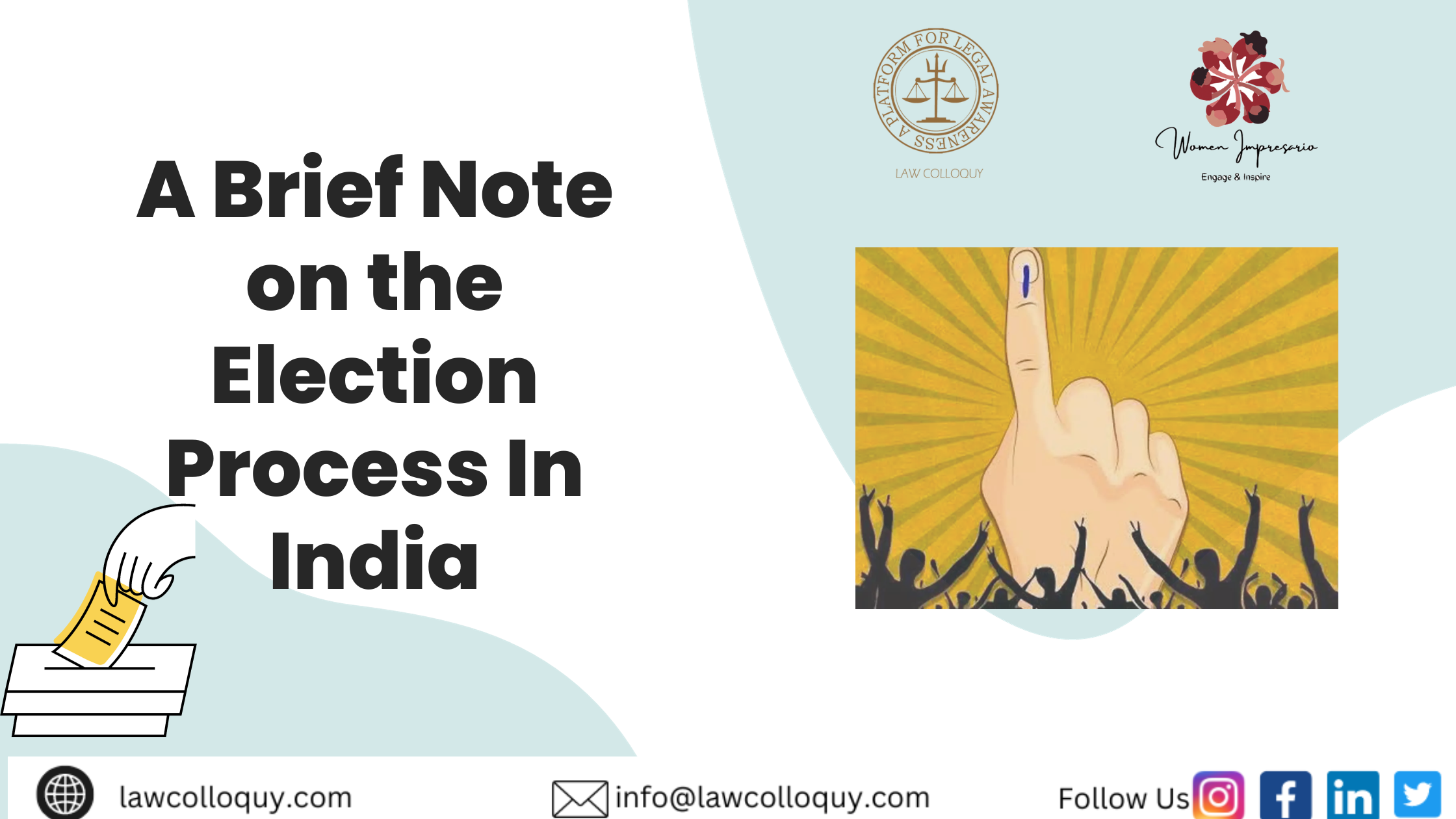






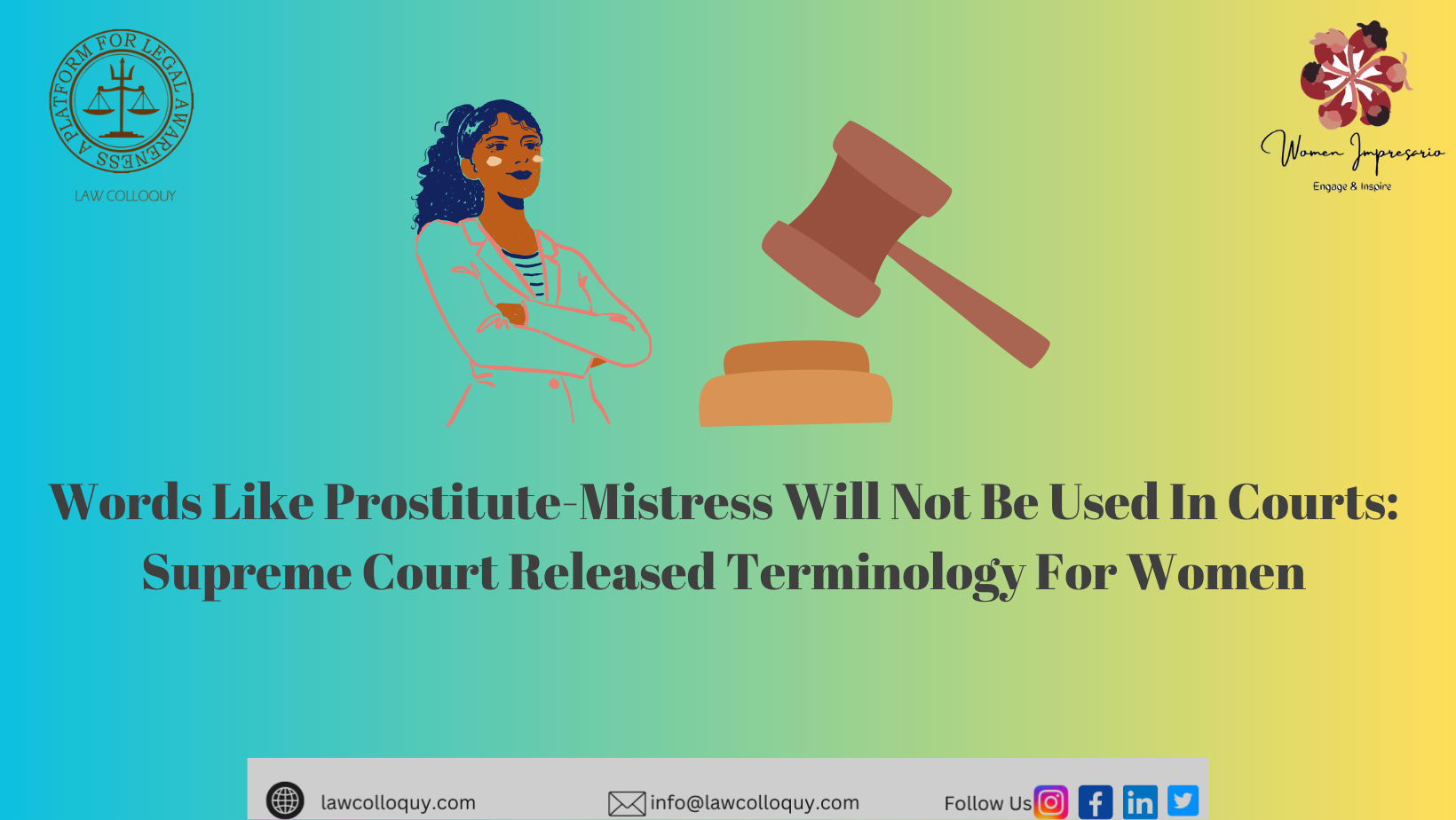


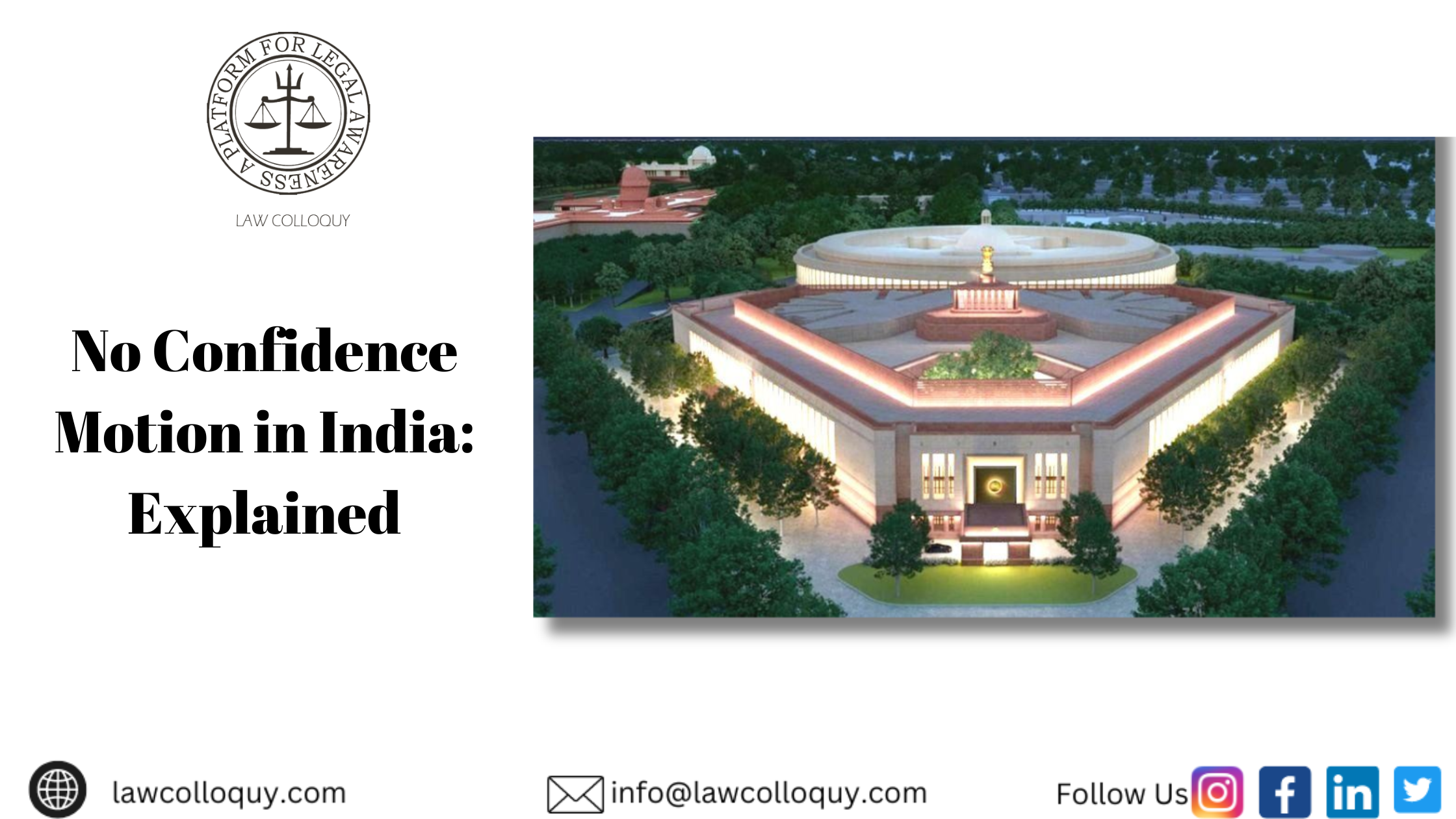

 OF THE CONSTITUTION OF INDIA AN ANALYSIS.png)
